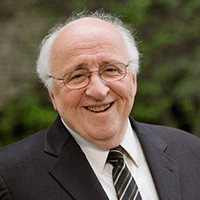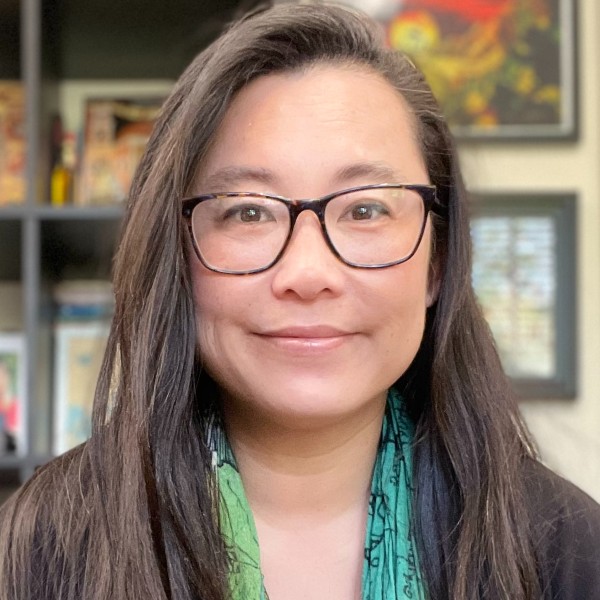Before becoming a seminary president I coached a hockey team. Well, long before actually. And only for a few months. And on my first day of coaching, I knew nothing about hockey.
After my seminary studies in the early 1960s, I began my graduate work in philosophy at the University of Alberta in Edmonton, four hundred miles north of the Montana border. I applied for a weekend assignment in the United Church of Canada, and they placed me as a youth pastor in an inner-city congregation.
My first day on the job, I was told to show up at the church on Saturday morning to lead a group of grammar school boys. I decided to do a get-acquainted exercise with them, and I brought along a stack of 3 x 5 cards to use for the exercise.
Much to my surprise, a dozen young kids, all of them Native Canadians, showed up wearing hockey uniforms and carrying sticks and pucks. They informed me that I was their new coach, and that we, the Boyle Street Blue Bombers, were to have our first team practice. A schedule of games for the local inner city league we played in would begin the next Saturday.
I panicked. Then, remembering that I was clutching a stack of 3 x 5 cards, I improvised. I distributed the cards, telling them that I wanted each of them to describe the position that he was to play, and during the next week to write out the specific things that he was to be doing at that position. Anyone who did not do the assignment adequately would not be able to play in the first match. For this week, I said, we will just skate around the ice a lot and practice hitting the puck.
They did a good job on their written assignment, handing in fairly detailed instructions for their positions the next Saturday. During the next week I had also done my own homework, reading about hockey rules. Throughout the season I coached primarily from their hand-scrawled notes, yelling out with confidence things like: “Charles, you’re offside!” And while the Boyle Street Blue Bombers had a winning season, the main joy in my brief coaching career was getting to know the players.
Years later, as a new provost who was generally clueless about the details of seminary administration, I drew on my coaching experience. For each administrator with whom I met for the first time, I asked for a detailed account of how they spent their days. I took notes on what they said, and then began to coach from those notes.
I recommend the general practice. Before telling people what to do, ask them how they understand their position on the team. It’s not only good way to get the hang of the game, but it also makes helps one to know the players better.
Richard Mouw is president of Fuller Theological Seminary in Pasadena, California.








